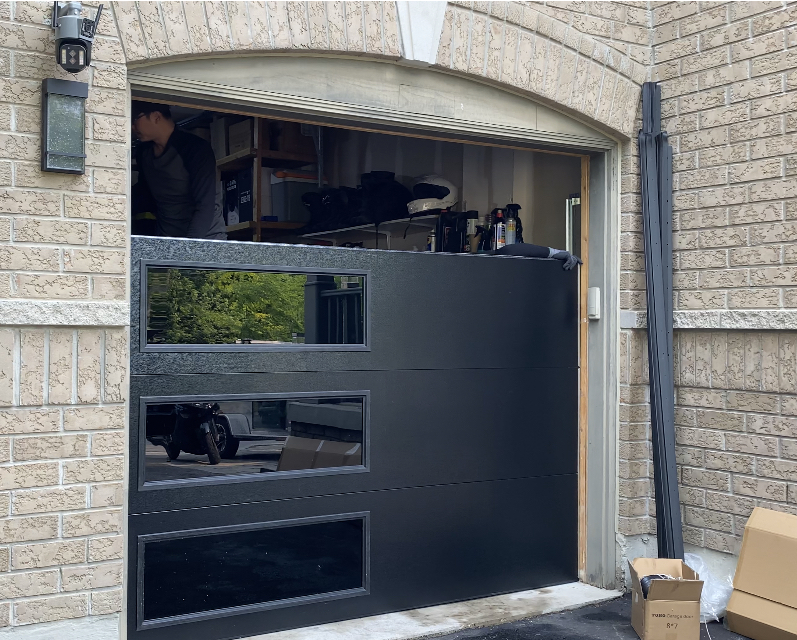Insulating your garage door is a key step towards enhancing energy efficiency, comfort, and noise reduction within your home. Among the insulation options available, polyurethane and polystyrene are the two prominent contenders. In this informative blog post, we’ll delve into the distinct advantages of polyurethane insulation and why it is often considered superior to polystyrene insulation for garage doors.
Polyurethane Insulation: A Technologically Advanced Solution
Polyurethane insulation has gained a reputation for being the gold standard in garage door insulation. Its unique composition and properties offer several advantages that set it apart from polystyrene insulation:
- Exceptional Thermal Efficiency: Polyurethane insulation boasts remarkable thermal insulating capabilities, creating a barrier that effectively prevents heat exchange between your garage and the outdoors. This translates to better energy conservation, reduced heating and cooling costs, and improved overall comfort.
- Minimal Air Infiltration: The expanding nature of polyurethane foam allows it to tightly seal gaps and voids in the door’s panels. This seals off potential entry points for air, drafts, and moisture, resulting in a more airtight and energy-efficient garage environment.
- Structural Reinforcement: Polyurethane foam adheres closely to the interior surface of the door, not only insulating it but also adding structural rigidity and durability. This can enhance the door’s ability to withstand impacts and contribute to its longevity.
- Space Optimization: Polyurethane insulation’s high insulating efficiency allows for thinner door panels while maintaining the desired R-values. This is particularly beneficial for maximizing garage space and optimizing headroom.
- Sound Insulation: In addition to its thermal benefits, polyurethane insulation offers superior sound insulation, creating a quieter and more peaceful environment by dampening external noise.
- High R-Values: R-Value is a measure of insulation’s thermal resistance. Polyurethane insulation typically provides higher R-values compared to polystyrene, making it an effective choice for extreme climates.
Polyurethane vs. Polystyrene: A Comparative Overview
- Thermal Performance: Polyurethane insulation excels in maintaining stable temperatures within your garage, which is especially crucial in regions with varying climate conditions. Its higher R-values ensure superior energy efficiency compared to polystyrene.
- Air Sealing: Polyurethane’s expansion and adhesion properties result in superior air sealing capabilities, minimizing heat loss and infiltration of external elements better than polystyrene.
- Structural Integrity: Polyurethane’s ability to reinforce the door structure provides added durability, preventing warping and contributing to the garage door’s overall stability.
- Sound Dampening: Polyurethane’s dense and expanding nature delivers enhanced sound insulation, creating a quieter indoor environment compared to polystyrene insulation.
When it comes to garage door insulation, polyurethane stands as the superior choice due to its remarkable thermal efficiency, structural reinforcement, exceptional air sealing, and sound-dampening qualities. While both insulation types have their merits, polyurethane consistently outperforms polystyrene in crucial aspects that contribute to energy efficiency, comfort, and overall value. By opting for polyurethane insulation for your garage door, you’re making an investment in a more energy-efficient, comfortable, and quieter living space that aligns with modern standards of insulation technology.
Contact us at (647) 424-3555

